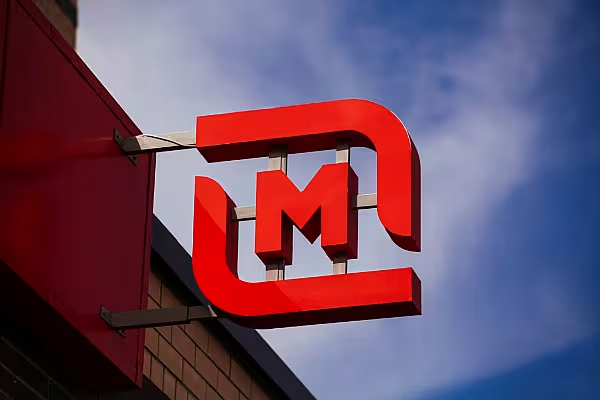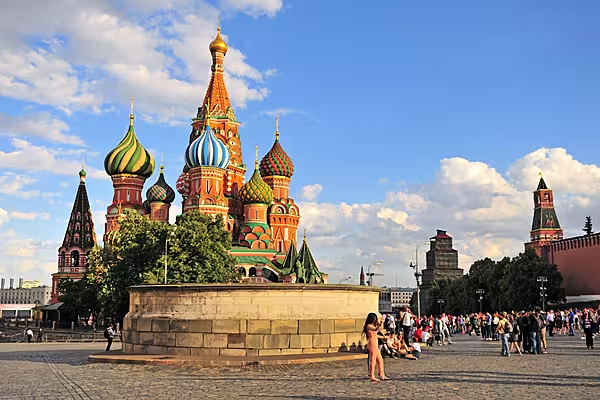Magnit chief executive Jan Dunning has told ESM that the Russian retailer's performance in the recent third quarter, a period which saw COVID-19 restrictions reduced, indicates a promising future for the business.
Magnit saw like-for-like sales up 6.9% in the period, driven by average basket growth of 12.4%, while traffic was down 4.9%. Total revenue was up 11.9% to RUB 383.2 billion (€4.15 billion).
"I think that the third quarter is a very important measurement, because that was the period in Russia in which lockdowns ended, and bars, restaurants and shopping malls were full," he explains.
"We've undertaken a clear exercise in improving our customer value proposition by investing in our formats and what kind of missions customers have when they go shopping. [...] Our overall performance has improved, partly due to our loyalty programme and partly because we are much more capable of understanding our customers, but I also think that the whole operational performance has improved a lot.
"We've made a lot of effort to turnaround the business, and to make it appeal to customers in a different way, and that's why I think we're being successful."
Coronavirus Spike
Since the quarter has ended, Russia, like many other European markets, has seen a spike in coronavirus cases, with more than 17,000 new cases and 366 deaths reported this Thursday alone. While the Kremlin has currently ruled out a national lockdown, shoppers are displaying behaviour similar to that at the start of the 'first wave' back in the Spring, Dunning tells ESM.
"We have to play the ball where it lies," he says. "Now that we're back in the COVID situation again, my like-for-likes in October are higher than in any of the quarters we've seen so far this year."
Safety Measures
During the 'first wave', Dunning notes that Magnit spent around RUB 2.5 billion on measures to keep its customers safe, and from an operational point of view, the business is prepared for a second wave.
"From the operating point of view, we've learned the categories and subcategories that are stronger in demand, and also how to equip our stores in a way that our customers and employees feel safe," he says.
"In this period, we simply refuse to serve customers that come to our stores without face protection, and that gives customers the feeling that 'ok, this is a store I can go to pretty safely'. Also, for employees, it's important that they get a clear feeling that we're taking care of them.
"That's what our reputation is about, and that's what we're investing in."
New Formats
As well as opening 349 new outlets during the quarter, the period saw Magnit increase its investment in two pilot store formats, 'grab and go' concept Magnit City and discounter My Price, with Dunning confident of the future prospects for both.
"Every banner and every pilot that we introduce has to pass a couple of tests – is it scalable, and does it contribute to value accretion?" he says. "Magnit City is a grab and go type store with a bit of foodservice. We've asked the development team to enlarge the sample – I want to have 50 to 100 stores in place, to see if it fulfils the criteria of a format that we want to take seriously, and roll out further.
"With the discounter, My Price, we will be scaling that up quicker, because the first results we have received are extremely encouraging," he adds.
"The knife cuts on both sides with a format like My Price, as we have 11 production facilities, with capacity opportunities, so the more we can utilise that, the more opportunities there are to drive profitability. We've taken the decision in the first half year to get to 100 My Price stores."
© 2020 European Supermarket Magazine – your source for the latest retail news. Article by Stephen Wynne-Jones. Click subscribe to sign up to ESM: The European Supermarket Magazine














